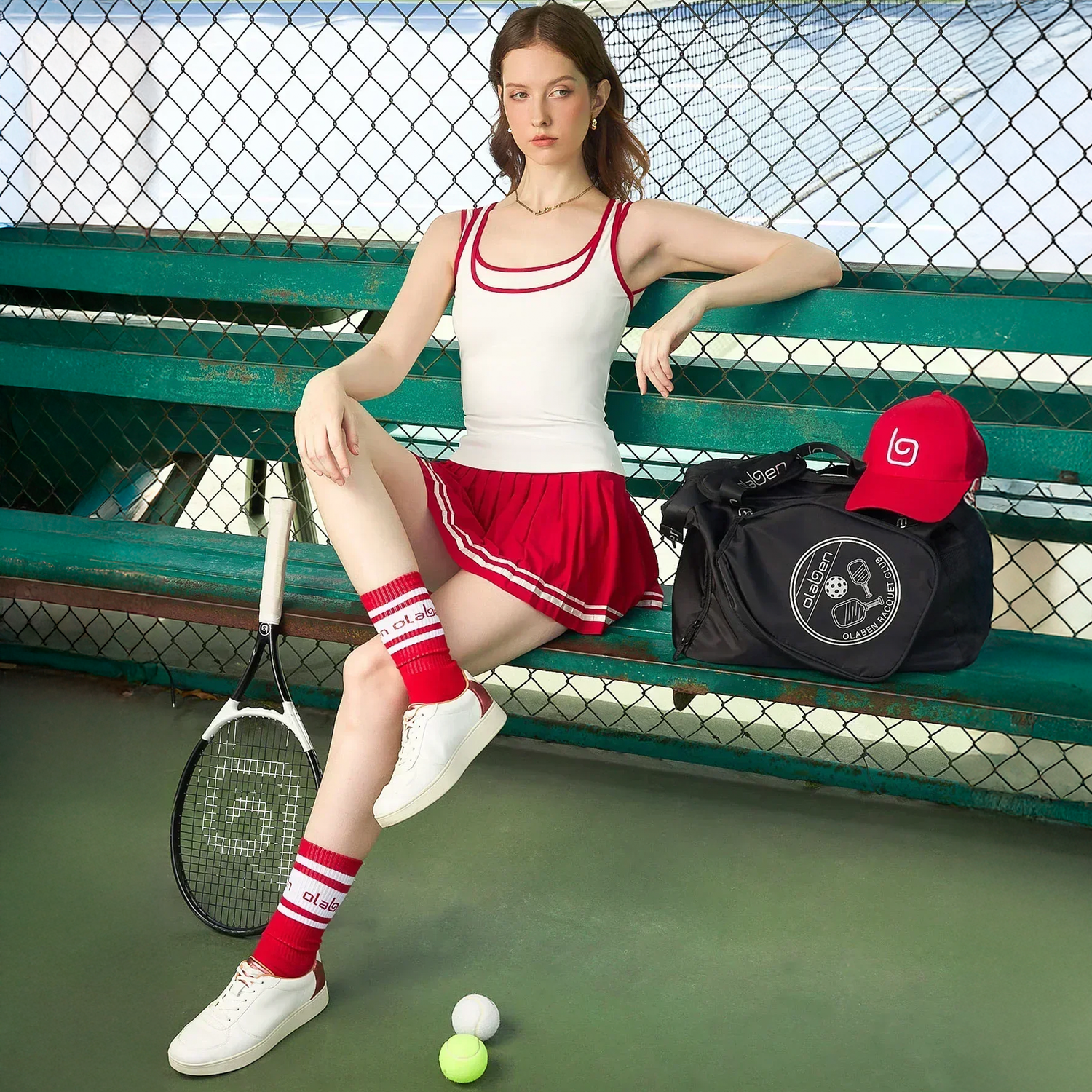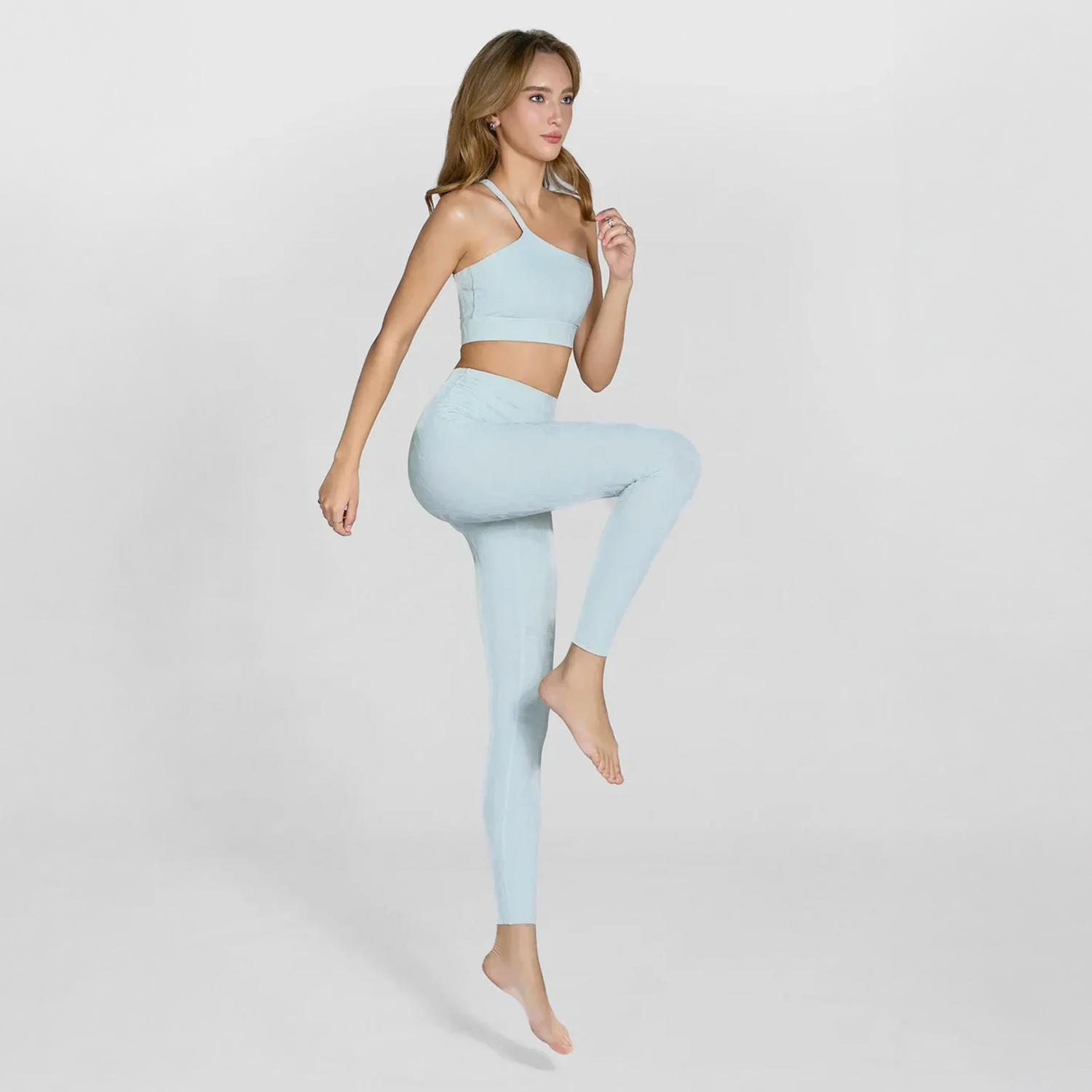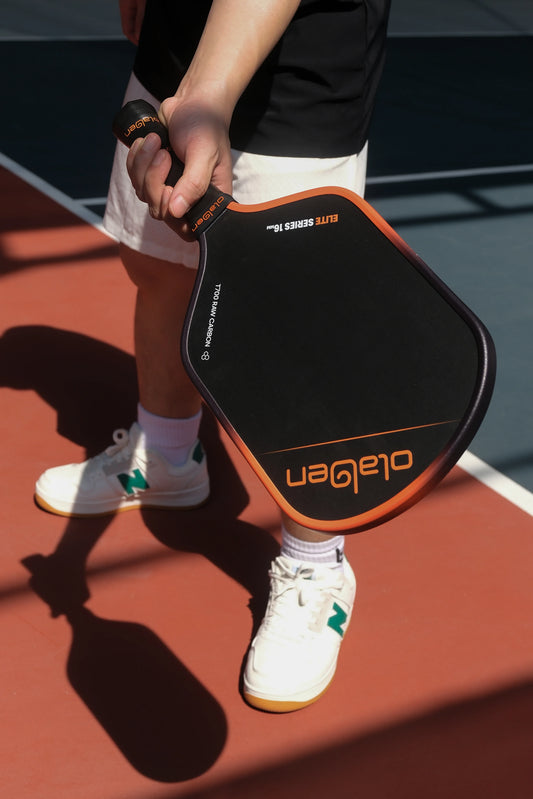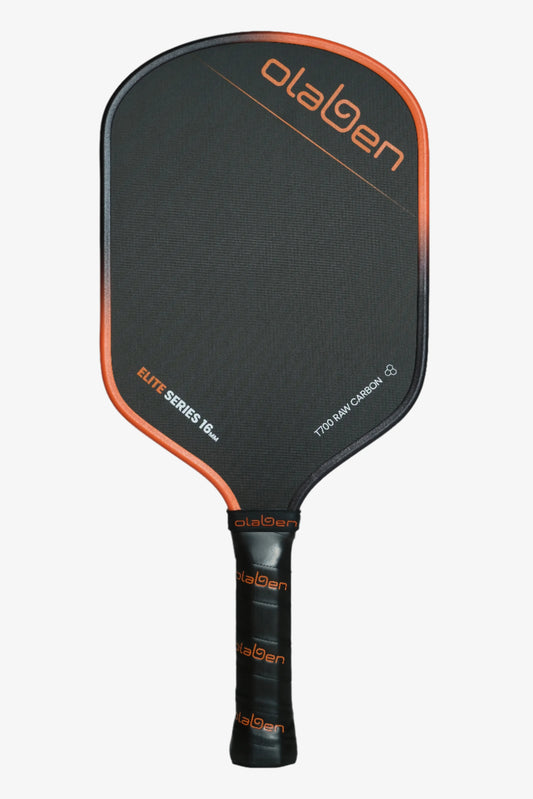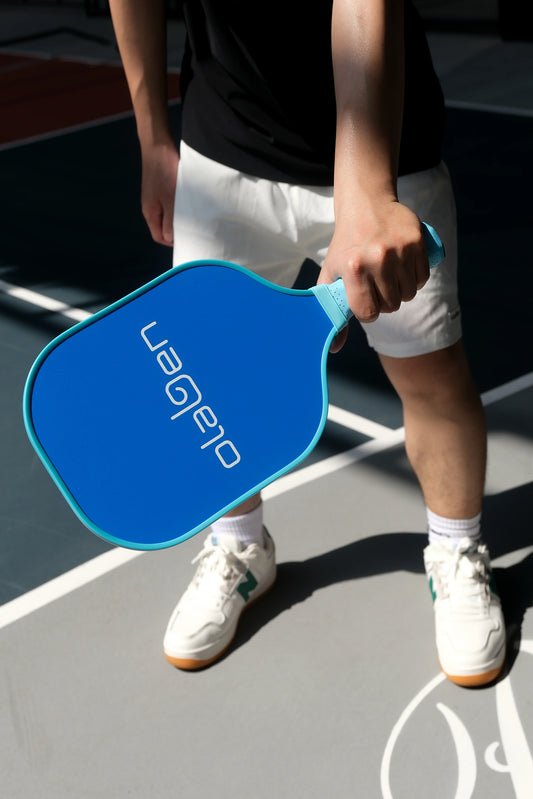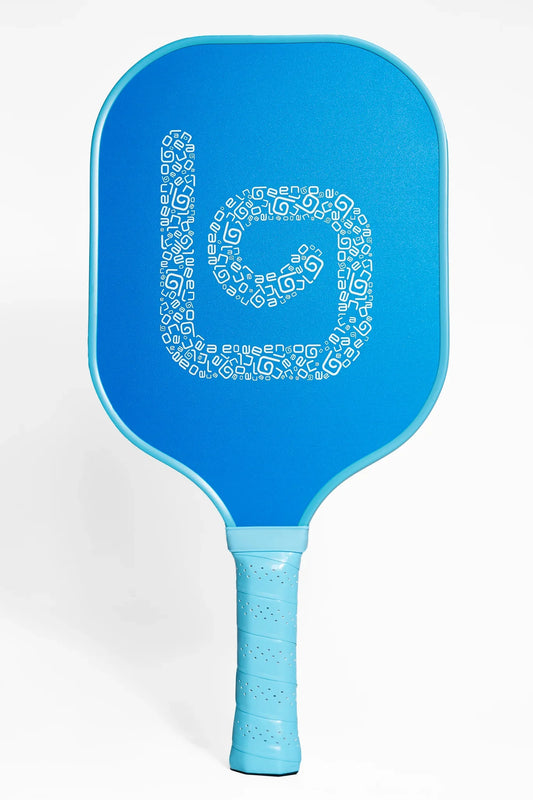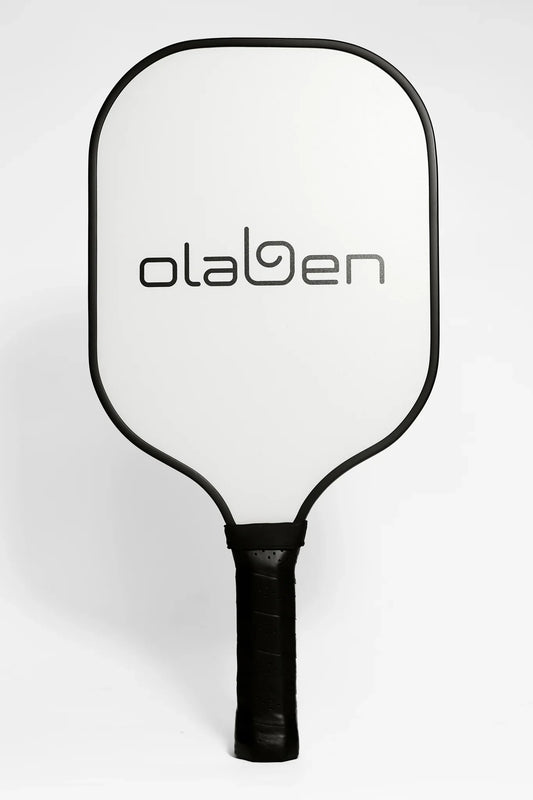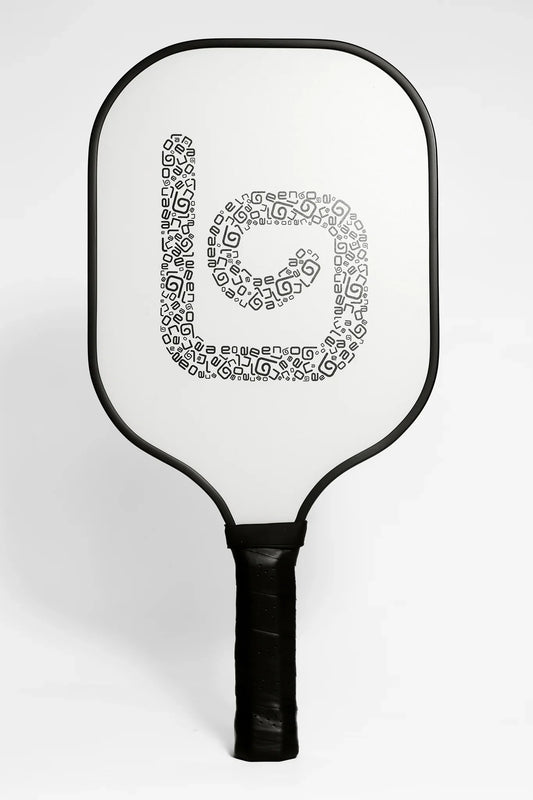Pickleball has quickly become one of the fastest-growing sports in the world—and it’s not just for standing players. Wheelchair pickleball is making the game more inclusive than ever, allowing individuals of all abilities to experience the fun, strategy, and community this sport has to offer.
Whether you’re a beginner curious about adaptive sports or a competitive athlete looking to join a tournament, this guide of Olaben will walk you through everything you need to know about wheelchair pickleball.
What Is Wheelchair Pickleball?
Wheelchair pickleball is an adaptive version of traditional pickleball, designed for players who use a wheelchair. The core rules of the game remain the same—players hit a perforated plastic ball over a net with paddles—but with a few modifications to make play fair and accessible.
One of the best parts about pickleball is its inclusivity: according to USA Pickleball, anyone can choose to play in a wheelchair, whether they have a disability or not. In fact, many adaptive pickleball programs encourage both standing and wheelchair players to compete together.

Key Rule Differences in Wheelchair Pickleball
Most rules are the same across both standing and wheelchair formats, but here are the main differences that set wheelchair pickleball apart:
-
Two-Bounce Rule
- Standing players: Ball must bounce once on each side after the serve.
- Wheelchair players: Ball is allowed to bounce twice before it must be returned.
-
Serving Rules
- Both rear wheels must stay behind the baseline when serving.
- The front wheels may cross the baseline as long as the rear wheels remain behind it.
-
Non-Volley Zone (“The Kitchen”)
- Standing players: Cannot step into the kitchen during a volley.
- Wheelchair players: The front (smaller) wheels may touch the kitchen during a volley, but the rear wheels must stay outside.
- Court Dimensions
-
- Standard court size: 20 ft by 44 ft.
- Recommended wheelchair play area: 44 ft by 74 ft (regular) or 50 ft by 80 ft (stadium).
These adjustments ensure that wheelchair athletes can enjoy the same fast-paced, competitive experience while accommodating the unique dynamics of wheelchair mobility.

Benefits of Playing Wheelchair Pickleball
- Accessible and Inclusive – Pickleball has a quick learning curve, making it easy for beginners to get started.
- Physical Fitness – Improves cardiovascular health, upper body strength, and hand-eye coordination.
- Mental Wellness – Encourages focus, strategy, and stress relief through physical activity.
- Social Connection – Many adaptive programs promote community by pairing wheelchair and standing players together.
- Competitive Opportunities – From local clubs to national tournaments, players can test their skills at all levels.
Can Wheelchair Players Compete with Standing Players?
Yes! Wheelchair pickleball is fully integrated with traditional play. Doubles matches may include one wheelchair player and one standing player on the same team. Each follows their respective rules, ensuring a level playing field and fostering inclusivity.
This adaptability makes wheelchair pickleball an excellent option for families, friends, and communities who want to play together regardless of ability.

How to Get Started
- Find a Local Program – Search for adaptive pickleball clubs or community programs near you.
- Get the Right Equipment – A sports wheelchair is recommended, but any sturdy wheelchair can work for beginners. Standard pickleball paddles and balls are used.
- Learn the Rules – Understanding the small but important rule differences will make your experience smoother.
- Join a Tournament – Many organizations, including USA Pickleball, offer wheelchair-friendly categories.
- Stay Connected – Adaptive pickleball is growing rapidly—follow organizations like USA Pickleball or WheelPower for events and resources.
Wheelchair Pickleball: A Sport for Everyone
Pickleball’s biggest strength is its accessibility, and wheelchair pickleball is proof that the game truly is for all. Whether you’re playing recreationally or chasing a gold medal, this adaptive sport opens doors for athletes of every ability level.
If you’re looking for a new way to stay active, connect with others, and challenge yourself, wheelchair pickleball might just be your next passion.


